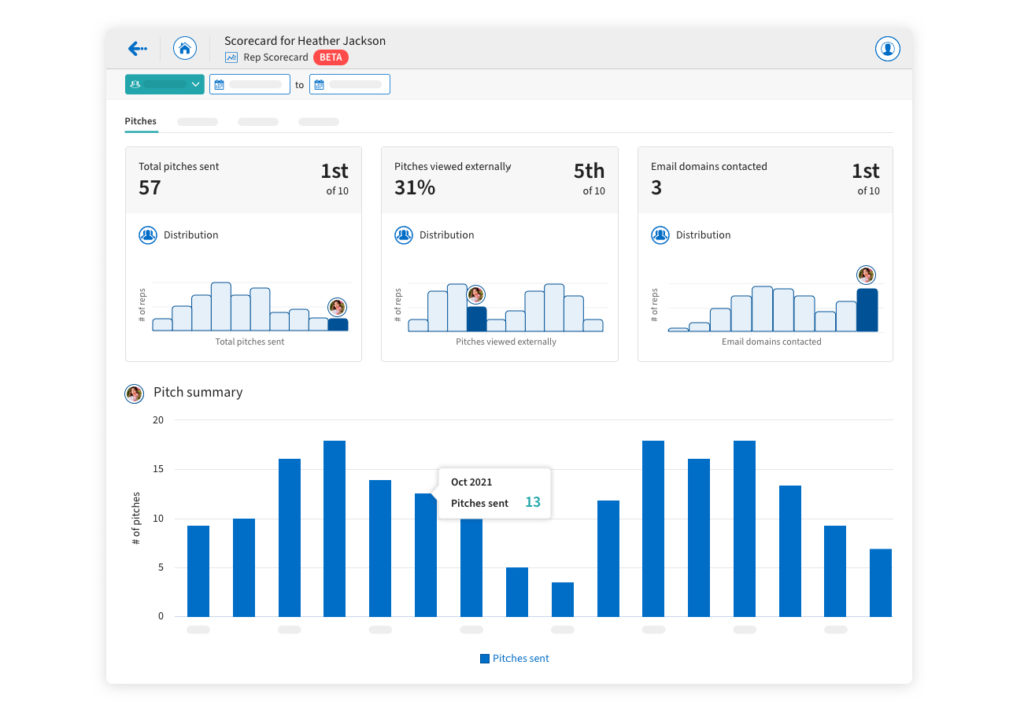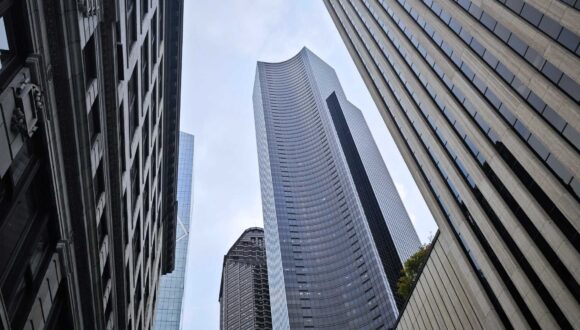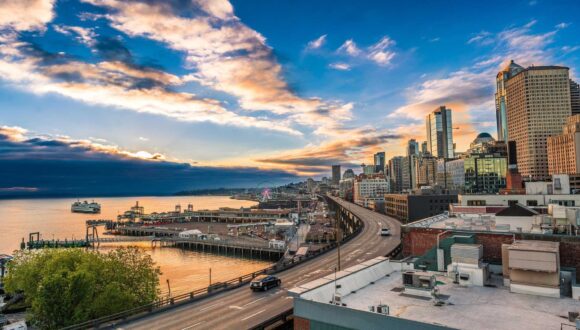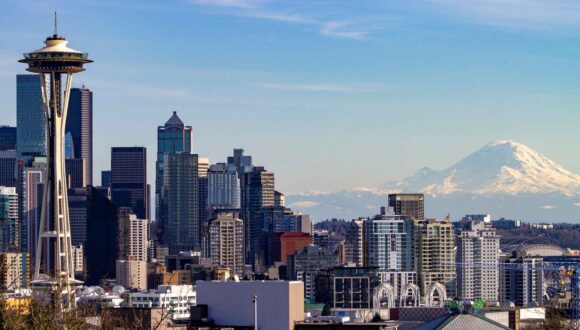Every manager’s success is highly dependent on the success of their team, and there’s practically nowhere this is more true than in the sales organisation.
Ensuring their team has the skills, knowledge, and preparation to execute successfully means that team can deliver – now, and in quarters to come. However, most managers lack, or can’t easily compile, the data they need to truly assess how the reps on their teams are doing. Sure – they can look at their reps’ forecasts and check out a few key deals in CRM by looking at deal stage, size, close date, and opportunity notes, but up until now, they haven’t had a comprehensive view into the actions reps take to prepare for and execute those deals.
In a virtual-first world, it’s even MORE difficult to drive behaviour change at scale. According to a study by Sales Enablement Pro, managers are responsible for delivering coaching at 65% of sales organisations, but one of their most common struggles is making the time to prepare and deliver that coaching. Managers would love to identify opportunities for those on their team to build the right skills and knowledge and coach them to success, but it’s hard to understand what the best reps are really doing to be so successful.
According to that same research, successful sales organisations see a 7-point improvement in rep quota attainment when behaviour change is the focus of coaching – but how can a manager drive behaviour change and help reps develop the necessary skills when they don’t know what to coach on?
Enter Rep Scorecards.
Highspot’s newly introduced Rep Scorecards provide the key insights about each rep on a team so sales managers can understand:
- Preparation: Do reps have the fundamental knowledge and skills they need?
- Execution: Are those reps executing the most important plays and initiatives that matter to the business?
- Engagement: How are reps engaging the buyer, and with what messaging? Are buyers responding to that outreach?
- Comparison: How do the individual rep’s skills and behaviours compare to the best practices we can derive from top performers?
Rep Scorecards bring together data from across Highspot to visually highlight each rep’s content usage, pitching behaviour and success, training performance, and sales play execution.

Understand Preparation
Because these scorecards offer a view into the training each rep is undergoing, managers can understand at-a-glance if their team members are executing on required courses, onboarding at the right pace, and opting in to the same trainings the most successful reps have taken to prepare.
They also showcase where a rep is spending time engaging with content and plays in the Highspot platform – are they getting familiar with the same resources that are proven to drive success? Have they studied the key battlecards that will up their win rate against an emerging competitor?
Assess Execution
When it comes to executing on key strategic priorities, like driving pipeline and revenue on a newly launched product, the rep scorecard shows whether each rep is engaging buyers with the right strategies. Are they viewing the most important sales plays and leveraging the content in buyer outreach?
Derive Engagement Insights
A sales rep is only successful when they’ve built the skills needed to effectively engage buyers and build strong relationships. The rep scorecard highlights the type of outreach, benchmarks the level of engagement against how other reps are performing, and highlights the content that’s proving successful (or not-so-successful) for the rep — a surefire way to gain leading indicators into how skills are playing out in real customer engagements and get insight into any disconnect between what the rep learned in training and what he’s actually going out and doing in the context of those buyer engagements.
Ultimately, these new scorecards offer managers a fuller picture of the reps’ behaviour, skills, and knowledge, making it faster and easier to prepare for 1:1 coaching sessions, assess progress, and drive the change needed to make middle-performers into sales rockstars.
Coach Reps to Consistent Success
Looking for a data-driven way to empower your sales managers to drive behaviour change and coach reps to success? Request a demo today.




